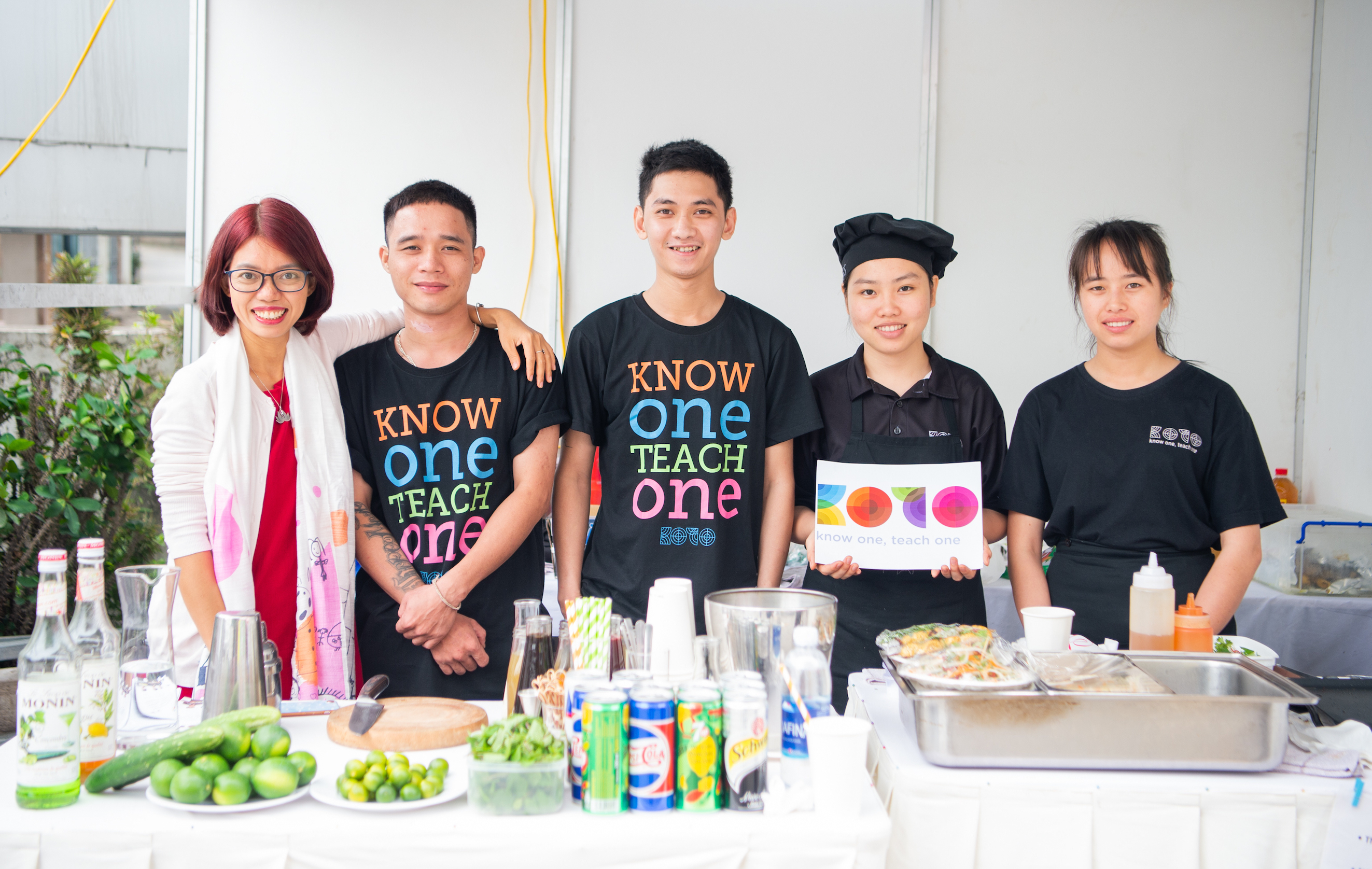1 million social enterprises are working across South East Asia, latest research finds
Research just published, which collates evidence from seven countries and territories in South East Asia, reveals that a diverse range of social enterprises are trading across all sectors of economy and that women and young people are taking the lead.
There are estimated to be up to 1 million social enterprises tackling social and environmental problems across South East Asia, according to research just published by the United Nations Economic and Social Commission for Asia and the Pacific, the British Council and Social Enterprise UK.
The State of Social Enterprise in South East Asia was launched at a webinar on 2 March 2021 and collates the findings of research carried out in seven countries and territories. This research, which has been published as separate reports over the past four years, estimates the number of social enterprises in Hong Kong, Indonesia, Malaysia, the Philippines, Singapore, Thailand and Vietnam as well as looking at the enterprises’ activities, their size and reach, and what government and financial support exists for them.
Speaking at the launch, Dan Gregory, director of international and sustainable development at Social Enterprise UK, who has overseen much of the research, emphasised that the figure of 1 million social enterprises was based on extrapolations and that definitions of social enterprises varied between countries. It was therefore not an exact figure, but something to build on in the future.
These are businesses which represent the diversity of the communities in which we live
While social enterprises had existed in many countries for a long time, said Gregory, in many countries “there had been an explosion of start-ups” and, across the region, the research showed that there had been a “wave of social enterprises appearing on the scene”.
Gregory added that the data showed “huge diversity” among social enterprises and their ecosystems, but there were commonalities.
“We have more in common than divides us,” he said. “We are delighted and really encouraged that these are businesses which represent the diversity of the communities in which we live.”
He pointed out that the data showed that a big proportion of social enterprise leaders were women as well as young people, and that they supported excluded groups.
“They are working across all sectors of the economy and in different markets. They are incredibly diverse. This is not an obscure, niche part of the economy,” he said.
Key findings of the State of Social Enterprise in South East Asia
Social enterprises:
|
The research for Singapore showed that this was the country with the strongest evidence of a trend of women and young people leading social enterprises. During a panel discussion at the launch, Casper Ng, head of sector engagement and capacity building at raiSE, the Singapore Centre for Social Enterprise, said a new generation was rising up across the region.
“This generation has the highest level of literacy, they are hyperconnected and tech savvy. They are also more aware than the previous generation of social issues,” he said.
In Singapore, Ng said, this generation was choosing to focus their lives on different priorities. While previous generations took “jobs that were well paid, to get our condos, our cash and our cars”, the new generation was very socially conscious.
Tristan Ace, global lead for partnerships and development in social enterprise at the British Council, pointed out that Thailand now had one of the world’s most comprehensive laws in the world governing social enterprise, but the research showed that social enterprises still faced challenges accessing finance as well a lack of public awareness.
 Social enterprise Koto in Vietnam provides hospitality and catering training programmes for at-risk young people
Social enterprise Koto in Vietnam provides hospitality and catering training programmes for at-risk young people
Sudarat Rojphongkasem, general manager of the Social Enterprise Thailand Association, agreed that lack of understanding among investors and grantmakers was a problem. She added that more government support was needed to fund social enterprise incubators.
Ace pointed out that Indonesia, with an enormous population spread across 16,000 islands, faced a big challenge to scale up small, “hyper-local” social enterprises.
In Hong Kong, Dorothy Lam, co-founder of Dream Impact, which supports social startups, pointed out that although there had been a lot of support for social enterprises, many remained small and they needed finance to find the right talent to help them scale and grow.
“If they don’t have a competitive, ambitious team, they cannot grow,” she said.
Capturing the imagination of governments
Also speaking at the launch, Jonathan Wong, chief of technology and innovation at UNESCAP, said that since the world signed up to the UN Sustainable Development Goals (SDGs) in 2015, “social enterprise has really captured the imagination of governments around the world”.
“The three-dimensional nature of social enterprise – as enterprises looking at solving social and environmental challenges – make them fit perfectly with the SDGs,” he said, “and we have seen a real appetite from policy makers to support social enterprise and ecosystem actors.”
We have seen a real appetite from policy makers to support social enterprise and ecosystem actors
This research, Wong added, was part of the work of a partnership between the British Council and UNESCAP which, since 2017, had aimed to create a more supportive ecosystem for social enterprises to grow in South East Asia. The research aimed “to ensure that government policies were effective and evidence-based, and gave insights from the ground to inform better policymaking”.
Tristan Ace said: “This work has really informed policy in this region and beyond.”
Header photo: An employee of Malaysian social enterprise Chocolate Concierge inspects a cocoa pod at the enterprise’s partner community farm.

